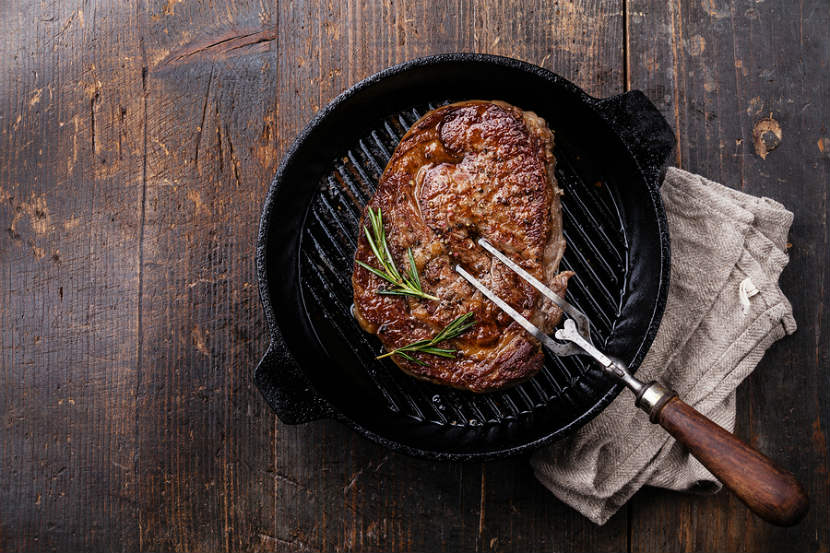
Iron is an essential mineral that is important for good health. Read on to learn why iron matters, how much you need and how you can be sure you’re getting enough.
What is iron?
Iron is a mineral naturally found in many foods. It is also added to some foods like fortified pastas and cereals, including infant cereals.
Iron is also available as a dietary supplement.
Why is iron important?
Iron has many important functions in your body.
-
It carries oxygen to all parts of your body
-
It helps your cells work properly
-
It helps babies’ brains and nerves develop properly
How much iron do I need?
|
Age group |
|
Recommended amount per day in milligrams (mg) |
|
|
|
|
Male |
|
Female |
|
|
Children, 1-3 years |
|
7 |
7 |
|
Children, 4-8 years |
|
10 |
10 |
|
Children, 9-13 years |
|
8 |
8 |
|
Teenagers, 14-18 years |
|
11 |
|
15 |
|
|
19-50 years |
|
8 |
|
18 |
|
|
51 years and over |
|
8 |
|
8 |
|
|
Pregnant women, 19 years and over |
|
- |
|
27 |
|
|
Breastfeeding women, 19 years and over |
|
- |
|
9 |
|
What types of iron are there in food?
There are two types of iron in food – heme and non-heme. Our bodies absorb heme iron best.
-
Heme iron is found in animal foods such as meat, seafood, poultry and eggs.
-
Non-heme iron is found in plant foods like tofu, legumes (beans, dried peas, lentils), enriched grain products, nuts, seeds and some vegetables.
Get a list of food sources of iron here.
What increases iron absorption?
1. Vitamin C
The Vitamin C in foods can help increase the absorption of non-heme iron. For example:
-
Squeeze lemon juice (source of vitamin C) on cooked spinach.
-
Eat pasta with tomato sauce (source of vitamin C).
-
Have orange juice (source of vitamin C) with oatmeal.
2. Animal protein
-
Eating meat, fish or poultry (sources of heme iron) will help increase the absorption of non-heme iron. For example, enjoy chicken with whole grain pasta or add lentils to a beef stew.
What if I don’t get enough iron?
If you don’t get enough iron, you may feel tired, irritable and be pale-looking. You may also be at risk for iron deficiency. Speak to your health care provider if you are experiencing these symptoms.
Do not take iron supplements without speaking to your health care professional first.
Bottom Line
Iron is important for your health. You can find iron in both animal and plant foods. Eat a variety of heme and non-heme iron foods every day. If you are concerned about getting enough iron, speak with your health care provider.
You may also be interested in:
How to get more iron
Managing iron deficiency
Last Update – February 14, 2019